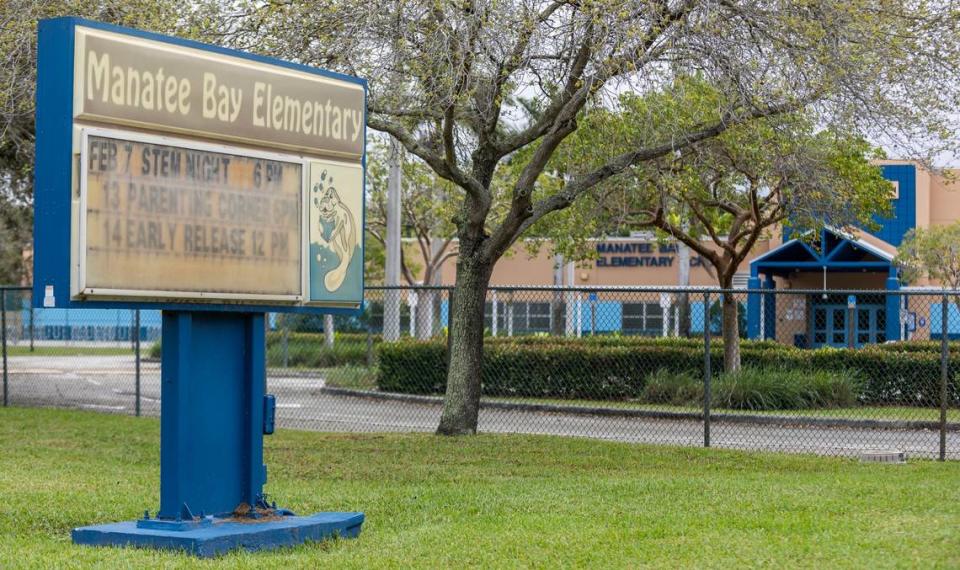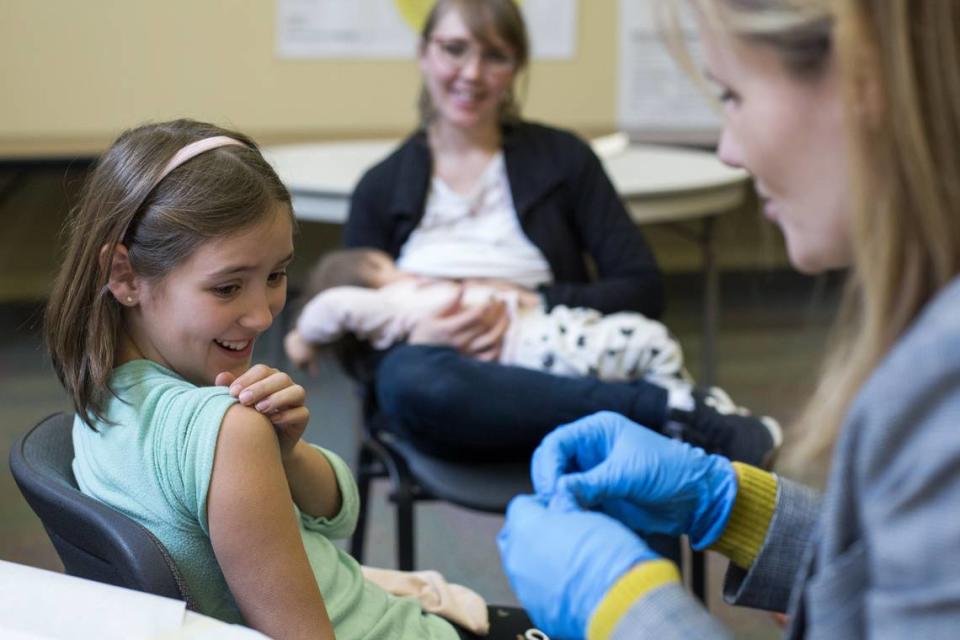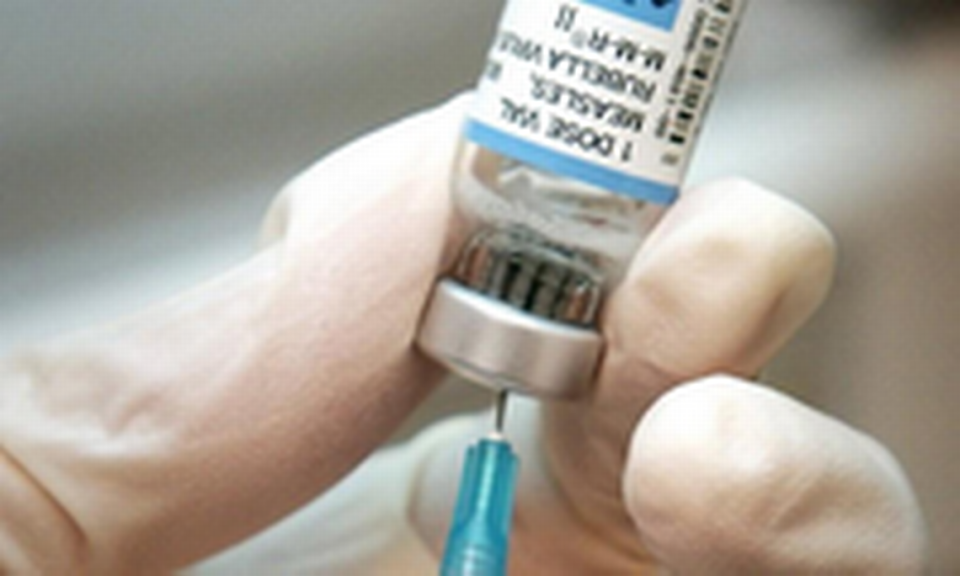Religious parents sued for vaccine freedom. Now hundreds of MS Coast kids are exempt
The long drives Amanda Bosarge kept making to Alabama, just so her daughter could attend cheer squad practice, are over.
She has stopped homeschooling, because her children are no longer excluded from Mississippi’s schools.
“It was this huge relief,” Bosarge said.
Her solace came because the 34-year-old mother from Hurley sued Mississippi to make exceptions for families like hers, who believe vaccines threaten their health and defy God’s will.
She won. And now, nearly 600 children in the six coastal counties are exempt from vaccines on the basis of religion, according to the state Department of Health.
Her case made headlines last year as distrust and rejection of vaccines began reaching its most fevered pitch in Mississippi and across the country after the coronavirus pandemic. Her victory became a point of pride for parents who oppose vaccines and a nerve-wracking reality for pediatricians, who now say if the number of exemptions climbs too high, Mississippi’s children will grow sick from once-eradicated diseases most doctors have never had to recognize or treat.
“Nobody worries about their children dying of whooping cough anymore,” said Daniel Edney, the state health officer who Bosarge and other religious parents sued in federal court in Gulfport. “But unvaccinated babies certainly can – and will.”
Most children on the Coast are vaccinated. The region’s highest number of religious exemptions is in Harrison County, where 193 children are excused from vaccines because of their families’ faith in God. Jackson County has 177 children religiously exempt, Pearl River County has 81, George County has 69, Stone County has 40 and Hancock County has 32, according to the Health Department.
Some of the children are still homeschooled. But 2,600 across the state have earned religious exemptions since the Health Department began offering them in July. About 500 more children are exempt because of medical conditions, the Health Department said.
The Coast, Edney said, is a pocket of the state where parents most often ask to be excused from vaccination because of religious convictions.
That worries local pediatricians, who say they see more and more parents who are skeptical or misinformed about vaccines. They are also nervous because measles – a vaccine-preventable disease not seen in Mississippi for three decades – appeared in Florida, then New Orleans this year.

“We worry,” said David Reeves, a pediatrician for Memorial Health System in Long Beach. “If somebody came into your office with measles, would you even recognize it?”
To the lawsuit’s plaintiffs and supporters, the issue is about faith and freedom.
MaryJo Perry, a mother who founded a group called Mississippi Parents for Vaccine Rights, said she stopped vaccinating her children after her youngest son had seizures after a routine vaccination. Doctors say seizures after vaccination are rare. But Perry said Mississippi would not grant her a medical exemption, so she stopped vaccination and homeschooled her kids.
“What happens to the mother who can’t afford to stay home?” she said. “The thought of that just made me so angry.”
She was not part of the lawsuit. But Bosarge and other parents on the Coast belong to Perry’s group, which connected them to New York lawyers and a national vaccine rights foundation called the Informed Consent Action Network. That group was founded by Del Bigtree – an anti-vaccine activist who produced a documentary in 2016 with Andrew Wakefield, a discredited doctor who introduced the false theory that vaccines cause autism.

All of which frustrates doctors in a state that for years had boasted some of the highest childhood vaccination rates in the country.
It is one thing to not immunize a child, Reeves said, “but then you put your child in public school where you expose everybody else’s children to possibly this disease.”
“What about the rights of those children?” he said. “That’s just been thrown out the window.”
With vaccination, “not only are we protecting the kiddos,” said Denise Powell, an Ochsner pediatrician in Bay St. Louis, “but we’re also protecting more vulnerable people.”
No major religions officially object to vaccines. But in a statement of religious beliefs filed in her case, Bosarge said she gets up early to pray. She attends church, reads her Bible and believes when the government tells her to get a vaccine, it is forcing her to trust medicine instead of God.
She also said she objects to the use of aborted fetal cells in vaccine development. Vaccines for chickenpox and rubella, among other diseases, were developed with cells from fetuses aborted in the 1960s. Scientists use those same cells to make vaccines today.
When she won her case, she said she cried.

“I have the freedom,” Bosarge recalled thinking. “It was like a door opened in my mind that I had been shut for so long.”
Now, Bosarge has three children in school, all with religious exemptions. She scheduled an appointment with the Health Department, filled out some paperwork, watched an educational video and had the exemptions the next week, she said.
Nearly a year after the ruling, Perry said several families in Mississippi Parents for Vaccine Rights have moved back to the Coast from Alabama, where their unvaccinated children had been attending school.
Edney fears their return could repeat history.
Once, Mississippi allowed religious exemptions. But the state Supreme Court ended the policy in 1979 because they decided protecting against polio, smallpox and other infectious diseases was more important than religion. Children got vaccinated. The ailments became memories.
And now, Edney said, few remember the days when disease could kill and cripple kids.
“We’re a victim,” he said, “of our own success.”

